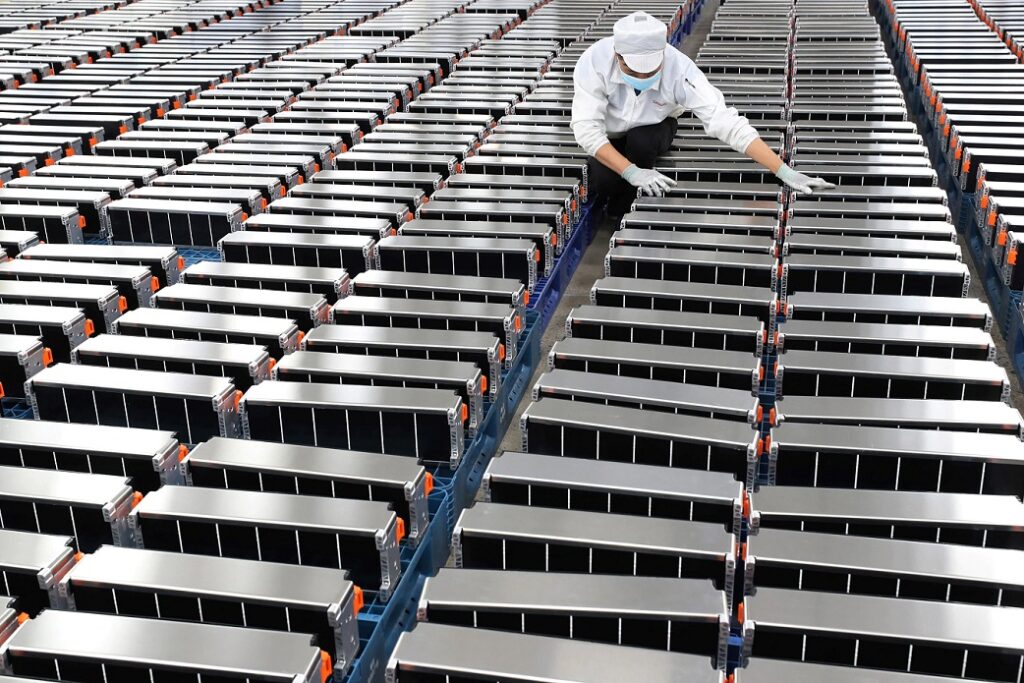The Green Impact study, commissioned by the Minister of Mobility George Gilkinet, has confirmed the challenge and potential of recycling electric vehicle batteries.
The study, which was recently presented at the site of the materials technology company Umicore in Hoboken, Antwerp), shows that the current "boom" of electric cars opens up new challenges in terms of sourcing the materials needed for their design. Not only are lithium, nickel or graphite rare, but these materials come from only a few countries: China, South Korea and Japan. Hence the idea of recycling to better arm against supply chain disruptions in Europe.
"Electric vehicle batteries are not waste but a source of extremely valuable materials,” Gilkinet said at the presentation of the study. “We have to be smart in their use because we can't just trade our dependence on fossil fuels for a dependence on scarce materials."
Related News
- Brussels to roll out 22,000 electric charging points by 2035
- Belgian motorists 'skeptical' of switching to electric cars, says survey
- EU trade of electric cars steadily increasing
According to George Gilkinet, the Green Impact study shows that Belgium has all the necessary know-how to be a world leader in the recycling and reuse of electric vehicle batteries. "We have companies like Umicore that are already at the forefront of progress," he said. "Both in terms of research and production, there are still opportunities."
"Plants like Umicore's are shaping up as the mines of the future. A boon in terms of jobs and the environment."
Today, the administrative procedures to obtain the necessary permits but also to transport used batteries between countries and regions are a real challenge. "My ambition is to bring all the competent ministers of our country around the table to address these issues," Gilkinet added. "An ambitious European regulation was already recently adopted, allowing the different political levels to work together to make the system more fluid."
Umicore has a material recycling facility in the Hoboken area of Antwerp, making it a pioneer in this field. The company plans to build a new plant in Europe with a capacity of 150,000 tons of batteries by 2026 with an investment of some 500 million euros.

